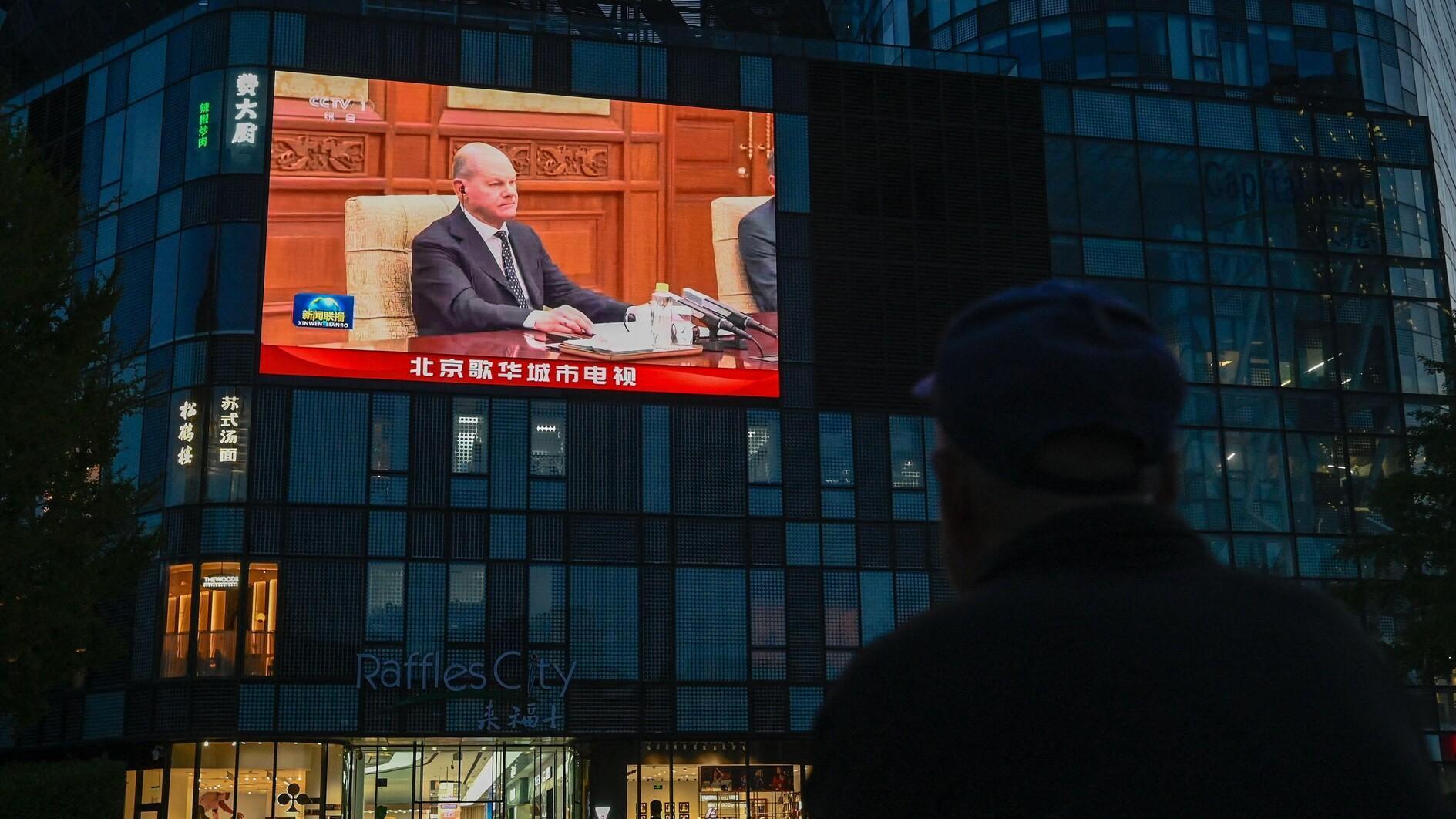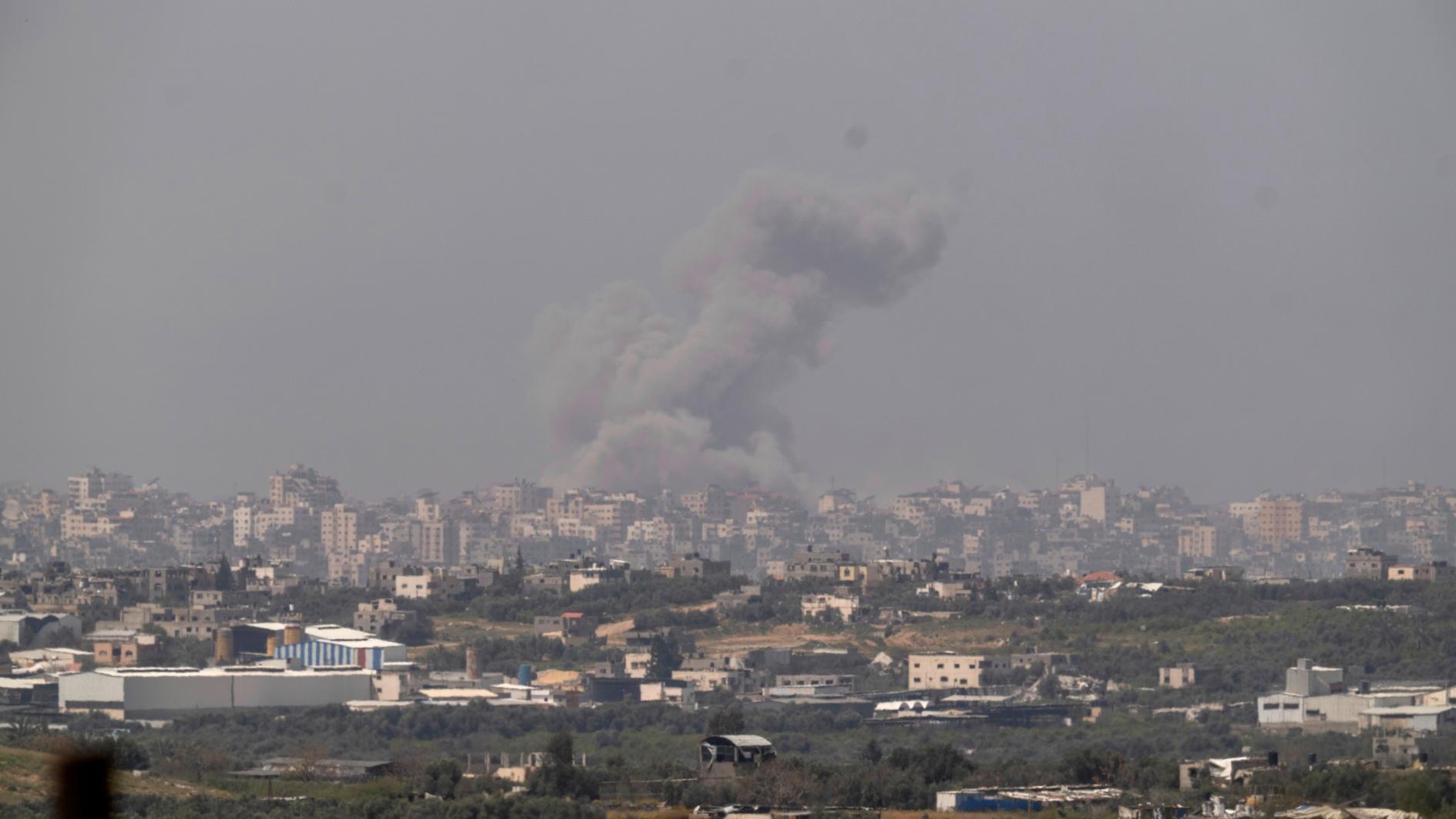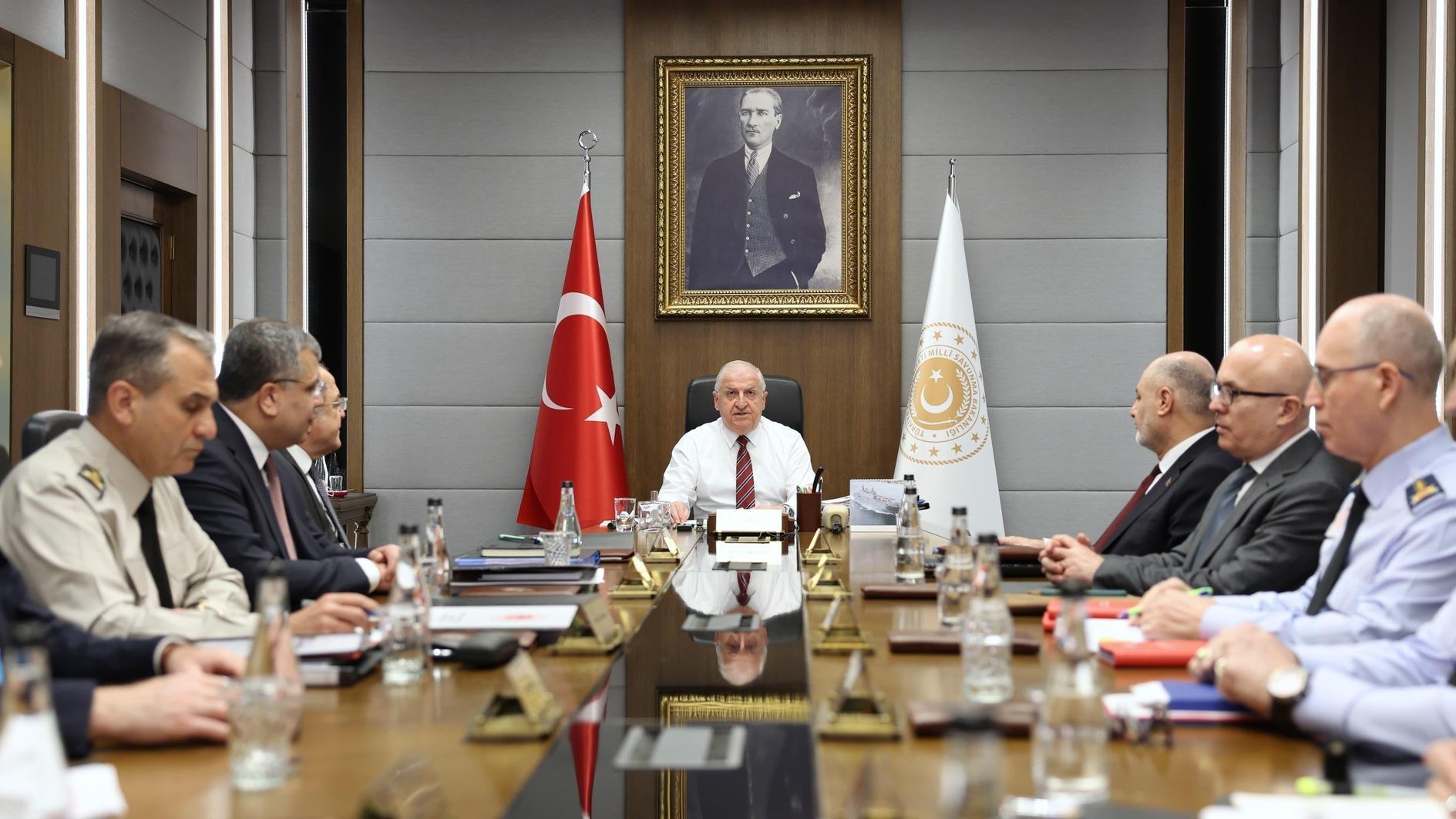KRG negotiates new terms, raises oil pre-payments to $3 bln
LONDON - Reuters
 Iraq’s Kurdistan Regional Government (KRG) has increased the loans guaranteed by future oil sales to $3 billion in new deals with trading houses and Russian state oil firm Rosneft aimed at strengthening its fiscal position as the semi-autonomous region fights Islamic State of Iraq and the Levant (ISIL).
Iraq’s Kurdistan Regional Government (KRG) has increased the loans guaranteed by future oil sales to $3 billion in new deals with trading houses and Russian state oil firm Rosneft aimed at strengthening its fiscal position as the semi-autonomous region fights Islamic State of Iraq and the Levant (ISIL). KRG’s natural sources minister Ashti Hawrami told Reuters new debt talks concluded in recent weeks gave the region grace periods of between 3 and 5 years for repaying the debt.
The deals also increased total borrowing to around $3 billion. He did not give the size of the debt before the latest round of talks but some of it dates from 2014 and 2015.
Trading houses have been pre-financing Kurdish oil exports for the past two years on a fairly short-term basis after the government in Arbil decided to start independent oil exports via Turkey’s Mediterranean terminals.
Now traders will loan money to KRG for several years. Rosneft became a lender last week.
KRG says it needs to export oil independently as Baghdad has not paid Arbil its budget share just as the region needs money to fight ISIL and host Syrian refugees.
Baghdad has said it would sue buyers of Kurdish oil, arguing that the central government was the only legal exporter. The new Baghdad government has softened its stance, however, as it cooperated with Arbil against ISIL in Mosul.
“This helps our economic independence although it is important to understand that this cannot be achieved just by oil revenues and higher oil prices. We also need to press on with our economic reforms,” Hawrami said in an interview in London.
“We have learnt a lot from the oil price shock, the costs of fighting ISIL, and the burden of some 1.8 million refugees coming to our territory... Reform is a must - we have a lot of debts to deal with.”
He declined to name the trading houses but market sources have previously identified Vitol, Petraco, Glencore and Trafigura as buyers of Kurdish barrels. Last week, Glencore confirmed it had concluded deals for Kurdish oil. The other trading houses do not comment on their dealings with KRG and Rosneft did not give any details on the size of the deal.
Hawrami said the deals would serve as a hedge against an oil price slide for several years. Previous deals with trading houses have usually lasted 6-12 months.
“It is also positive for the traders as they don’t have to renegotiate their contracts every six months,” said Hawrami.
“It strengthens our fiscal situation. It means we can pay more regularly to the international oil companies working in KRG and we can invest some money in expanding our oil infrastructure,” he said.
KRG’s finances suffered badly during the oil price slump of 2015-2016 and it has accumulated several months of arrears to producers such as Genel, DNO and Gulf Keystone due to tight revenues and supply glitches.
The stocks of these companies rose on the news.
















